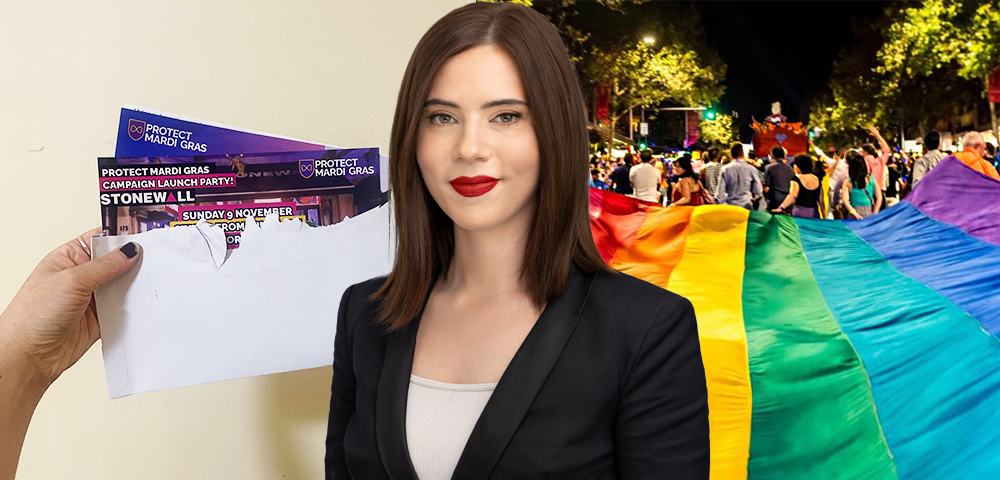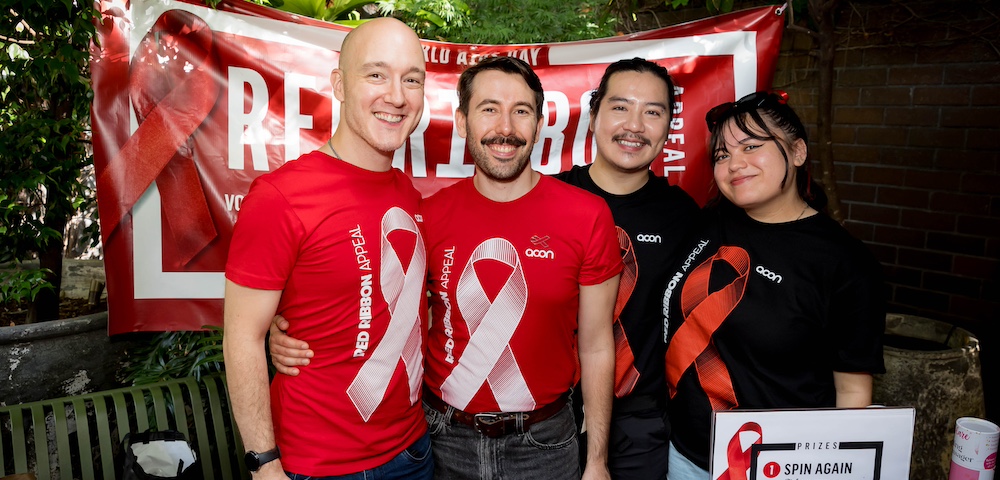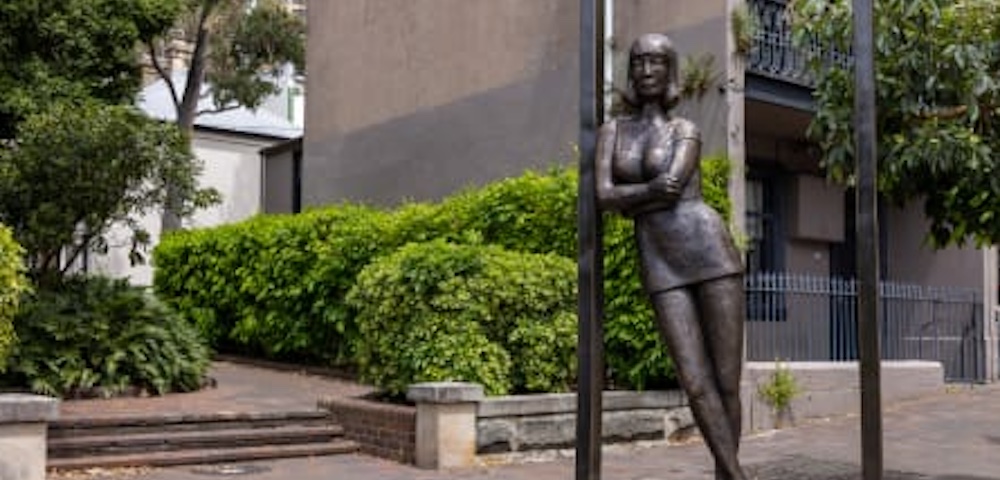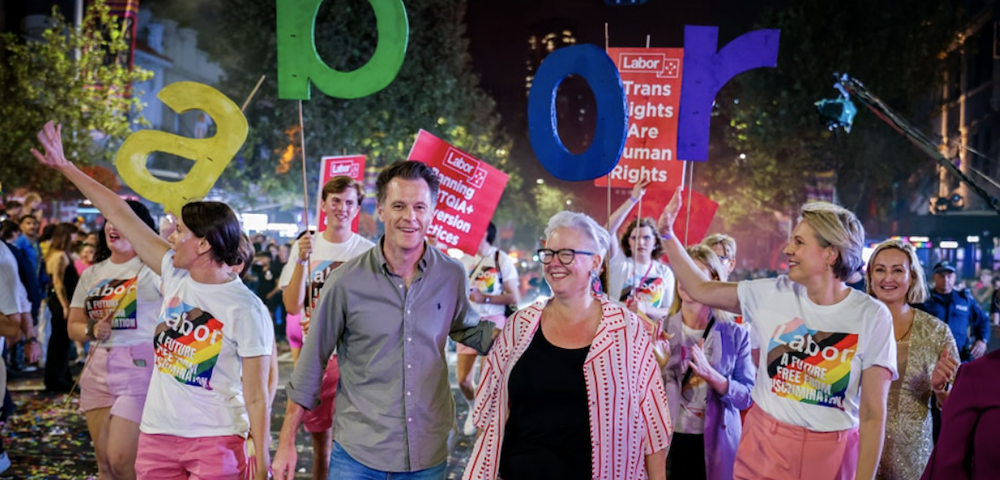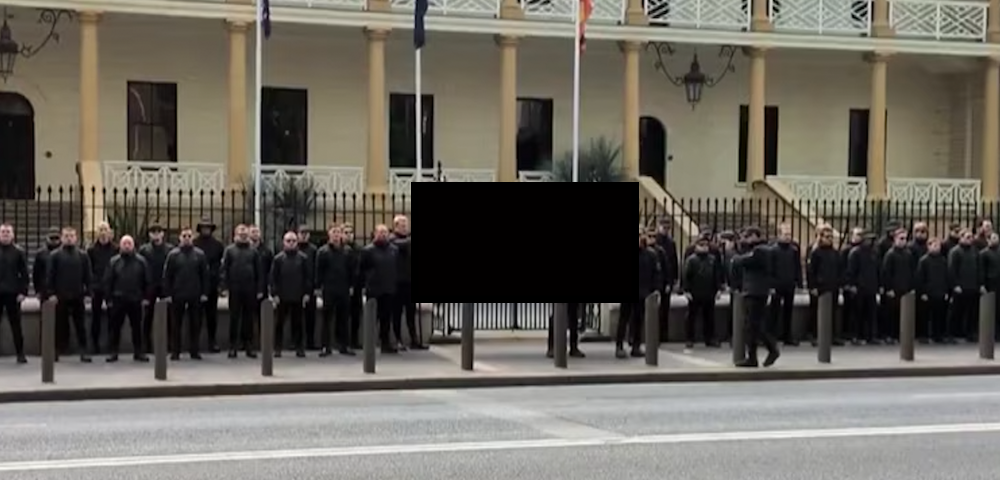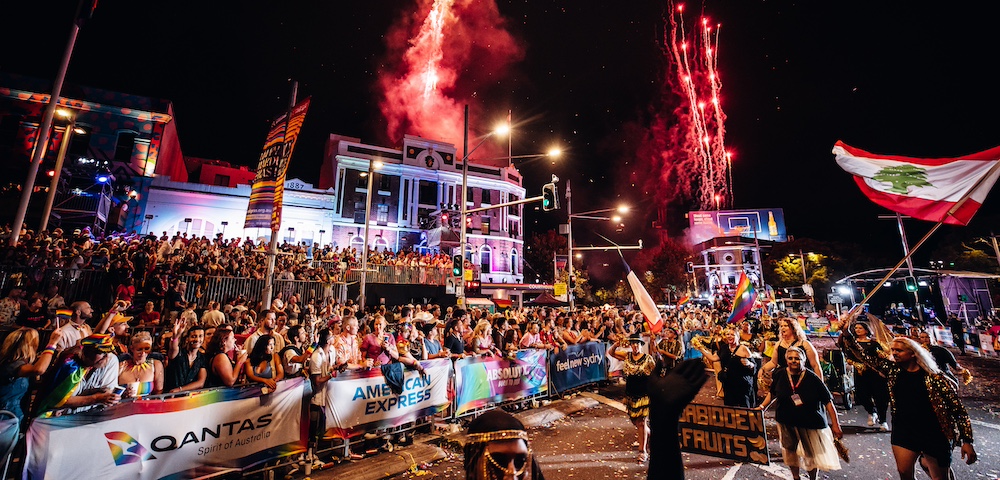
Moving on
My partner Jono died really suddenly in May last year. He was only 44. He just collapsed while he was rehearsing a show.
The week that he died, people who were very close to me came to help me deal with everything. Then we had the funeral.
It was agreed I would turn up to the funeral office to collect Jono’s ashes and to collect the death certificate. His family and I had agreed there would be two death certificates: one for them and one for me.
When I turned up to the funeral home, I was told there was no death certificate for me. I was bewildered because I needed the death certificate to manage Jono’s affairs.
My first response was to ring his family and tell them there had been a mistake. But I met with a brick wall. They didn’t want to talk about it.
So I thought: Okay, I’ll get one myself. I rang up the funeral director and said I would like a death certificate. He said that wasn’t possible.
I then rang the Registry of Births, Deaths and Marriages. It turns out in NSW you generally can’t get a death certificate as a next of kin unless your name is on the certificate.
I realised I had been completely excluded. I was left in the wilderness wondering what I could do.
I found out quite a while later that part of the legislative amendments that I was oblivious to changed the definition of next of kin to include same-sex de facto couples.
Jono and I had been living together for four years. Around the time that we started our relationship was when all the amendments to NSW de facto law took effect in 1999.
I don’t remember that occurring, or even recall reading about it. So the last year has been a whirlwind. I have had to come to understand the way the law works now for same-sex de facto relationships.
It was a huge shock to me that anyone would deny the relationship I had with Jono.
And it happened almost from the moment that he died. People fell into two groups: people who accepted and respected the relationship, and people who didn’t.
The paramedics, for example, read my body language and knew instantly that I was Jono’s partner. And I have since found out that government departments, such as the coroner’s office, are very up with the legislation.
But not everyone was so respectful. A really old friend of Jono’s was there at the hospital soon after I was, and she really disrespected the relationship.
She didn’t even ask if she could see his body, she just said I’m seeing it and walked in to see it. I don’t know if that would have necessarily happened with a straight couple or with a married couple.
Eventually I had to move from where we were living because I couldn’t afford to live there any more.
Jono had very few assets left. But because of the shock I felt from his family, I felt that I needed something legally binding. I thought I could work things out with his family.
The more I did in that regard, the worse it became. By Christmas last year we were faced with this big case, and the only winners out of that would be the lawyers.
I was faced with this issue: should I continue this from a moral standpoint or should I let go?
Letting go was very difficult to do. But I thought I can’t live in a first-world country and have committed to a relationship, and not be able to get recognition.
At one point I was trying to get Jono’s rental bond back, and so was his mother. The woman on the phone told me Jono’s mother had more of a right to the bond than me. What could I say to that?
It was a question of very small sums of money but, in my mind, very big moral statements.
The only major asset that Jono had was a death benefit with his federal superannuation. State superannuation was really simple: they even had a box that you tick for a same-sex de facto partner.
At a federal level, they didn’t have that. But last year a new set of regulations that recognise what they call interdependency relationships came in.
Thankfully, Jono’s superannuation death benefit has just been given to me in its entirety because I was in an interdependency relationship with him.
The payment came through in May. I really feel getting the superannuation payment has been one of the biggest transitions of being bereaved.
It’s about a year since Jono’s death now, and there are elements of my life that I want to get back to. To have the support of the superannuation is a great relief.
Interview by Ian Gould




